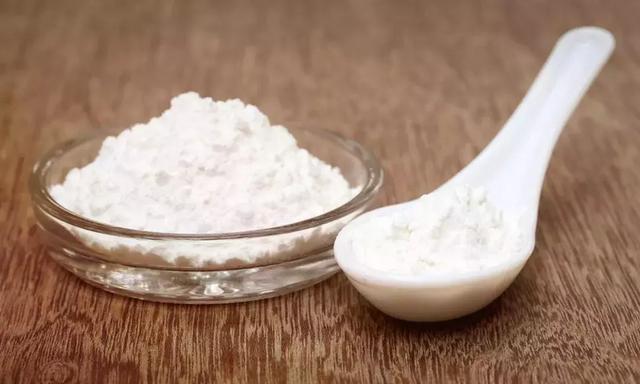If soda ash used for food and medicinal soda ash, then it can be eaten, but excessive amounts should not be used. Industrial soda ash cannot be eaten. Soda ash is soda, and its scientific name is sodium bicarbonate. As an inorganic salt, soda ash is generally a white crystalline powder. The specific analysis is as follows:
- The sodium ion in soda ash is one of the electrolytes that maintains normal functions of the human body and is generally considered non-toxic. However, excessive intake of soda ash may cause alkalosis and damage the liver. Sodium ions can cause fluid retention in the body and can also induce high blood pressure. When the temperature reaches above 50°C, soda ash will undergo a decomposition reaction, and the products include sodium carbonate, water and carbon dioxide gas. Therefore, in the field of food processing, the property of soda ash to release carbon dioxide is often used to make steamed buns, bread, biscuits, pastries and other foods to achieve a puffy effect. At the same time, sodium bicarbonate will remain after decomposition, which is one of the reasons why the finished product has an alkaline smell.
- Medicinal soda can also be eaten, but as a medicine it should be taken according to the doctor's advice. For diseases such as hyperacidity, soda is a commonly used antacid, which can effectively neutralize excess gastric acid and relieve corresponding symptoms.
- Industrial soda itself is non-toxic, but because it does not meet food standards in terms of purity and hygiene standards, and there is a risk of contamination with other chemicals during production and transportation, industrial soda powder cannot be eaten.

